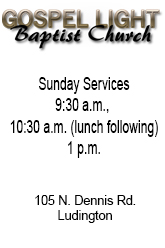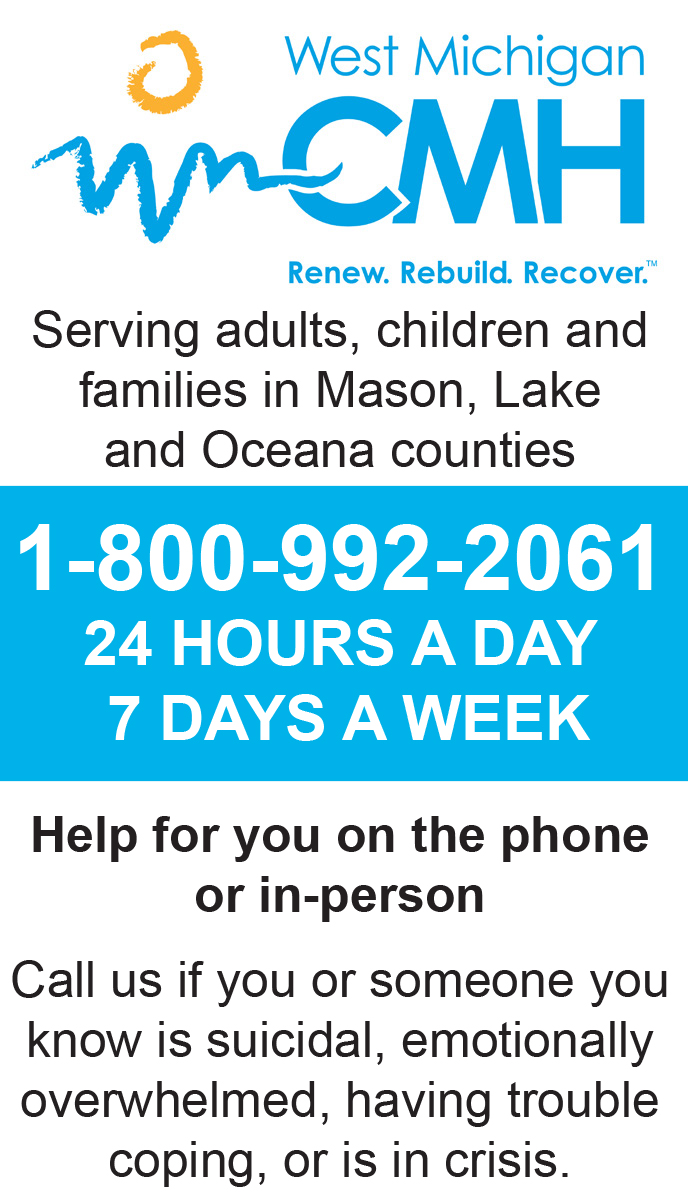District Health Department #10 advises residents to take precautions for personal safety to prevent waterborne infections that may result from contact with contaminated flood waters. Flooding and power outages can threaten water quality due to well water pump failures and overflowing septic systems.
The Health Department recommends the following safety precautions:
-
Avoid any body contact with floodwaters.
-
Wear protective gear such as gloves and waders if in contact with floodwaters.
-
If you have been in contact with floodwaters, be sure you are up to date on vaccinations for Tetanus, Hepatitis A, and Hepatitis B.
-
Stay out of flooded basements until water recedes; wait before attempting clean-up.
-
If there is standing water over your septic tank, avoid flushing your toilets.
-
Avoid any unnecessary use of water to reduce the amount of sewage produced.
-
If you suspect floodwater has entered your well, do not use the water until it has been chlorinated by a professional well drilling or plumbing service.
-
If water must be used before it has been professionally treated, you should boil it for 3-5 minutes before personal consumption.
Persons should stay out of flooded areas until the water has gone down. For best results, a commercial service is recommended for clean-up of flooded homes and basements. Additional safety precautions include:
-
Before entering flooded areas, turn off electricity and gas, preferably at the meters.
-
Check outside walls for possible cave-ins or other hazards.
-
Open doors and windows for fresh air into the basement.
-
Consider any floodwater, and any items touched by floodwater, to be contaminated.
-
Wear rubber gloves when handling materials that have been in floodwater.
-
After water and debris is removed, to help prevent mold, scrub floors and walls with a mild bleach solution (one tablespoon bleach in one quart of clean water) and allow areas to dry completely.
-
Wash flood-exposed items in mild bleach solution. Discard large porous items such as upholstered furniture, mattresses, and carpeting if they cannot be properly cleaned.
-
Throw away any food or drink suspected of being in contact with floodwater.
-
Always wash hands thoroughly with soap and clean water after taking part in any cleanup activities.
Additional information may be found at www.epa.gov/safewater. Flood safety fact sheets are available on the Health Department website at www.dhd10.org.














.jpg)



















 (1).gif)












.png)






